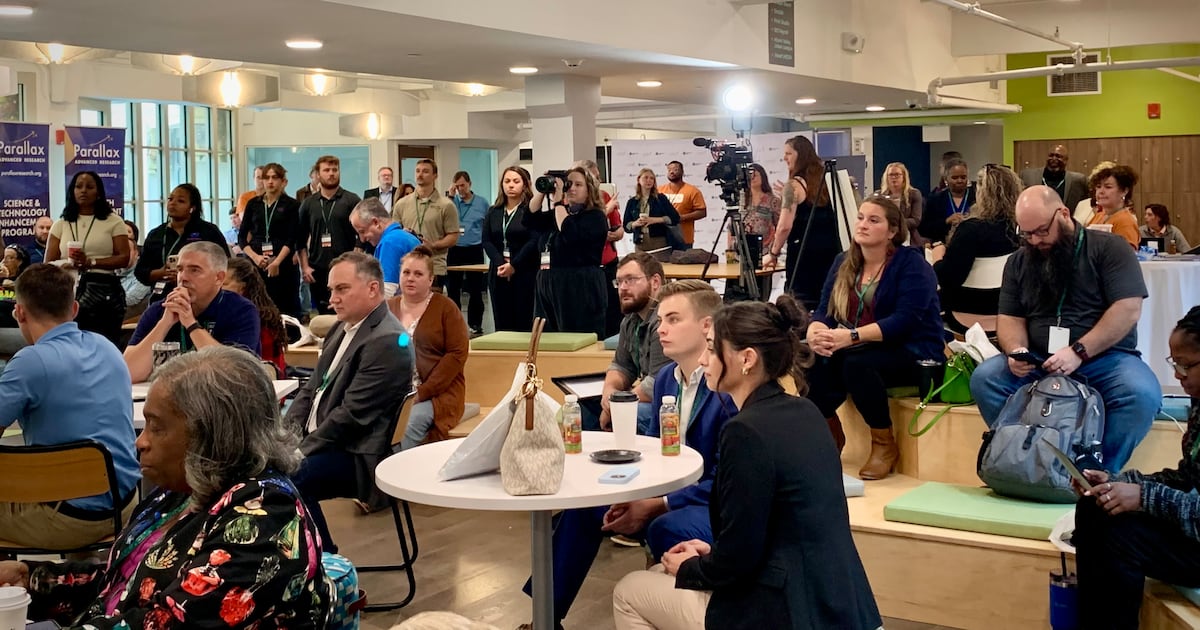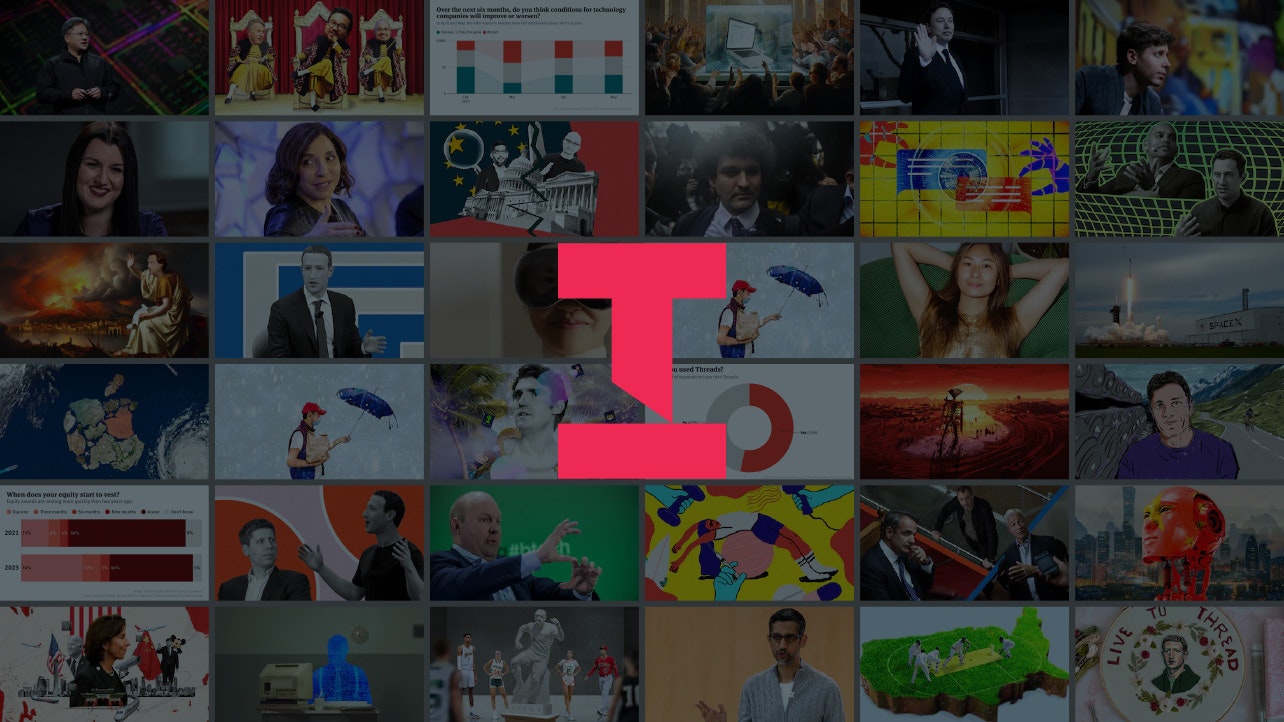Summary:
Launch Dayton Startup Week celebrated its 10th anniversary with insights on entrepreneurship and innovation.
Keynote speaker Nate Sowder emphasized focusing on customer enablement rather than just product features to build emotional connections.
The 'promise gap' concept highlights the importance of transparency and trust in startup success.
Use AI for advanced tasks like idea generation and critical thinking, not just basic summarization.
Dayton's unique ecosystem offers non-dilutive funding opportunities rooted in a history of innovation.
Key Takeaways from Launch Dayton Startup Week 2025
Launch Dayton's Startup Week kicked off with high energy at the Entrepreneur's Center in the Dayton Arcade, marking its 10th anniversary. The event, running Tuesday and Wednesday, began each day at 9:30 a.m. and featured a pitch competition at 5 p.m. at Yellow Cab Tavern, where entrepreneurs competed for capital funding.
What started as a small gathering has grown into a cornerstone event. John Owen of Parallax Advanced Research noted that many founders from the first Startup Week are still in business, highlighting the enduring impact. "My favorite thing about entrepreneurship and Startup Week is the energy in the room," he said. "You'll hear stories from people who were starting out years ago."
Here are four key insights from Tuesday's keynote and local experts:
Be Bigger Than Your Technology
A common pitfall for startups, especially in tech, is focusing on what the product does rather than what it enables customers to do. Nate Sowder of Fifth Third Bank emphasized that every element of a product is a promise. "Every screen, every button is a promise that you're going to be able to do something," he stated. Effective communication depends on making emotional connections with customers.
 Fifth Third Bank's Nate Sowder during his keynote presentation.
Fifth Third Bank's Nate Sowder during his keynote presentation.
Businesses Succeed or Fail in the 'Promise Gap'
The 'promise gap' is the difference between what a startup claims and what it delivers. Sowder described startups as "bundles of promises," where transparency builds trust. "Transparency is the input, and trust is the output," he explained. Customers have a 'promise budget'—the limit of promises they'll trust before losing faith. Clear communication is crucial to avoid misleading users.
Use AI to Get Started, Get Unstuck, and Get Ahead
Most current AI use involves basic tasks like transcribing, but Sowder advocates for using AI to generate research, stress-test ideas, and play devil's advocate. "AI makes good critical thinkers better," he said, urging entrepreneurs to leverage it early in the process for innovation and problem-solving.
 Randy Hinders of Mile 2 delivering opening remarks.
Randy Hinders of Mile 2 delivering opening remarks.
Dayton Has a Unique Entrepreneurial Ecosystem
Dayton's history of innovation, from the Wright Brothers to Charles Kettering, provides a unique set of resources and challenges. Sowder pointed out that startups should avoid dilutive capital early on, thanks to Dayton's deep history of non-dilutive funding. Robert DiTommaso of Winsupply added, "Dayton has a rich history of innovation that often goes unsung... that same entrepreneurial spirit lives on today."









Comments